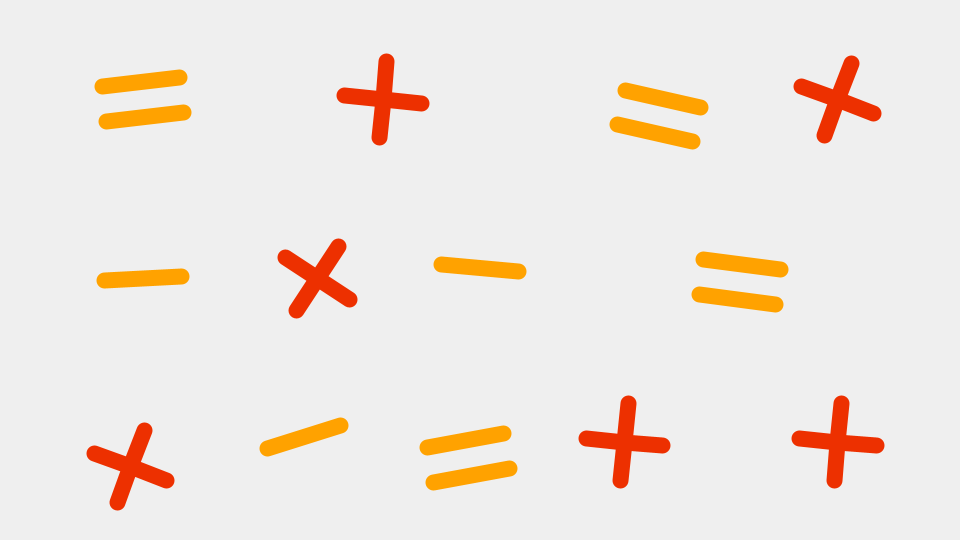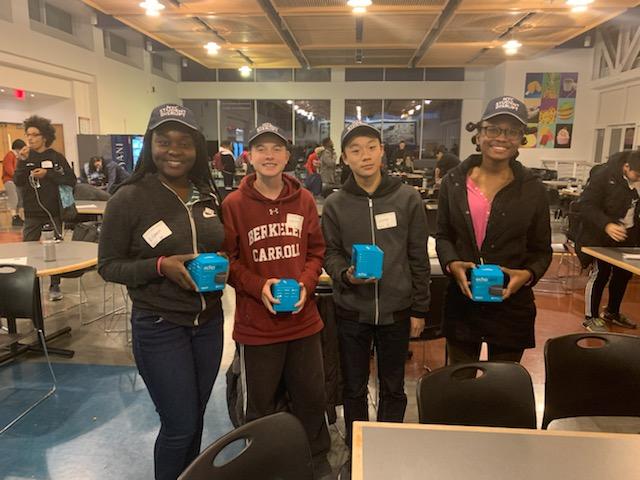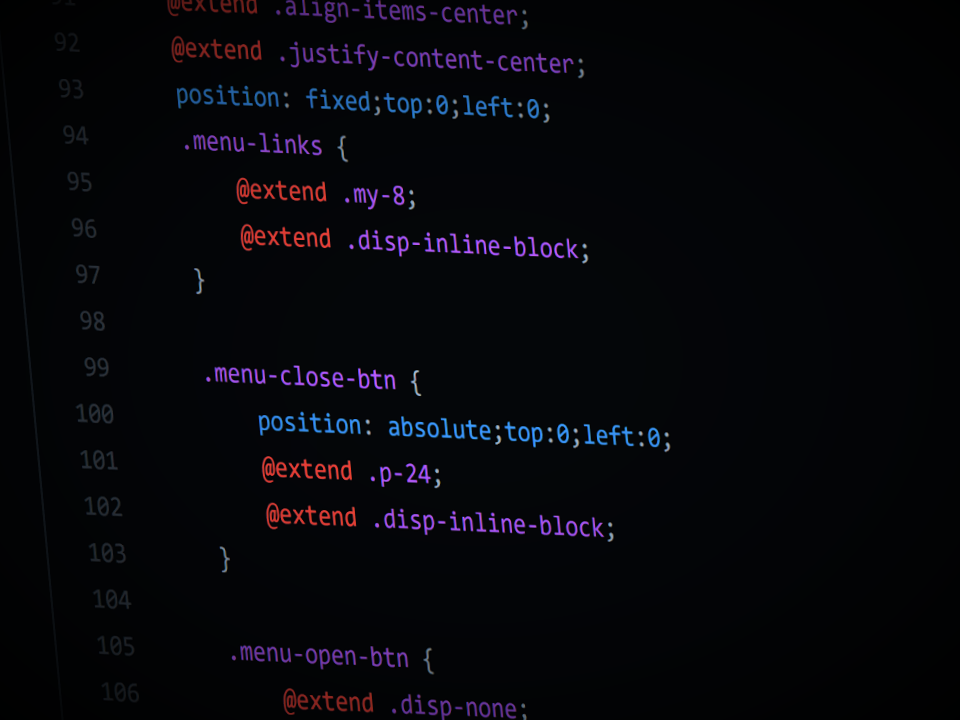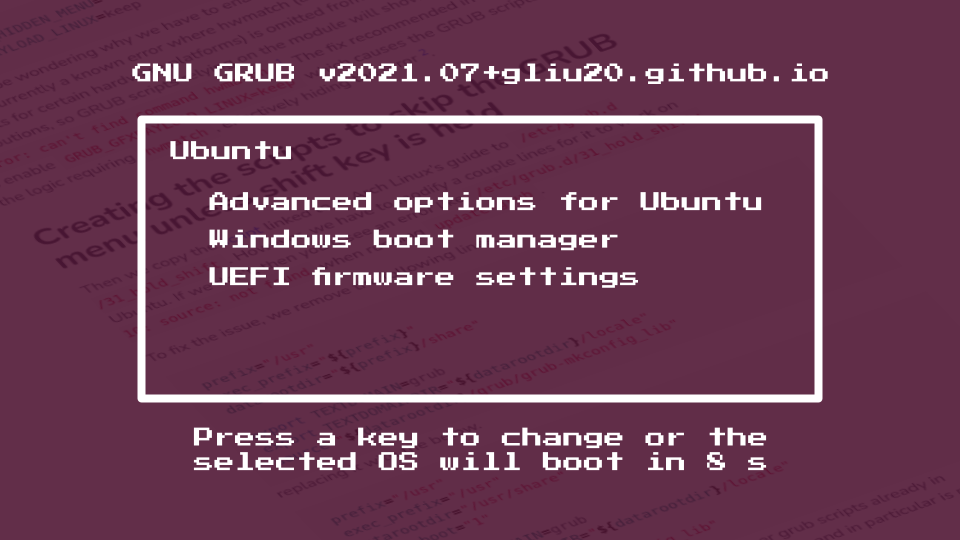
Related posts
Must-reads

How I optimized my fractal viewer and the things I learned along the way
From learning WebAssembly to eliminating unnecessary work with period checking to progressive refinement, this is how I made my fractal viewer faster and more usable.

An Amazing Win at the NYC Student Disrupt Hackathon
Coming into the competition without a team, I was nervous about the people I’d meet and who I’d team up with. But, as I would later see, what matters most is not who’s on the team, but the attitude I carry.

Why you should build your own CSS framework and what I learned building one
With the rise in utility-first CSS libraries, I wanted to dive deeper into why that’s the case, and why we I think it’s valuable to re-invent the wheel.

Towards Efficient Multiplication
Recently, I was trying to figure out a way to create my own arbitrary precision floating point arithmetic library. For those of you unaware, floating point simply means numbers are represented in scientific notation and that allows computers to express really large or really small numbers and everything in between. However, one problem of floating point numbers is that they are normally represented with a limited amount of precision.


